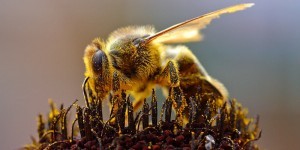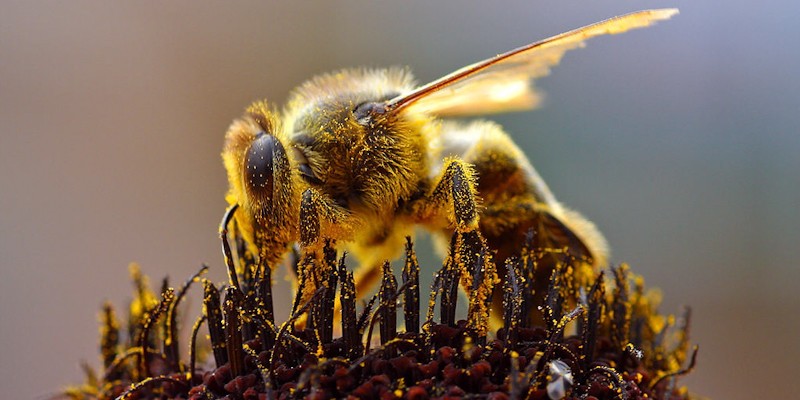
More than half the people in some developing countries could become newly at risk for malnutrition if crop-pollinating animals — like bees — continue to decline, experts say. Despite popular reports that pollinators are crucial for human nutritional health, no scientific studies have actually tested this claim — until now.
A new study shows that more than half the people in some developing countries could become newly at risk for malnutrition if crop-pollinating animals — like bees — continue to decline.
Despite popular reports that pollinators are crucial for human nutritional health, no scientific studies have actually tested this claim — until now. The new research by scientists at the University of Vermont and Harvard University has, for the first time, connected what people actually eat in four developing countries to the pollination requirements of the crops that provide their food and nutrients.
“The take-home is: pollinator declines can really matter to human health, with quite scary numbers for vitamin A deficiencies, for example,” says UVM scientist Taylor Ricketts who co-led the new study, “which can lead to blindness and increase death rates for some diseases, including malaria.”
It’s not just plummeting populations of bees. Scientists around the world have observed a worrisome …
Fruits and vegetables were an important source of that nutrient for many people in the study, and those crops are highly dependent on pollinators, researchers say — for example, yields of mangoes, which are high in vitamin A, would likely be cut by 65 percent without them. Pollinator losses might also lead to folate deficiency, they say, which is associated with neural tube defects.
Please Read this Article at NaturalBlaze.com





Leave a Reply